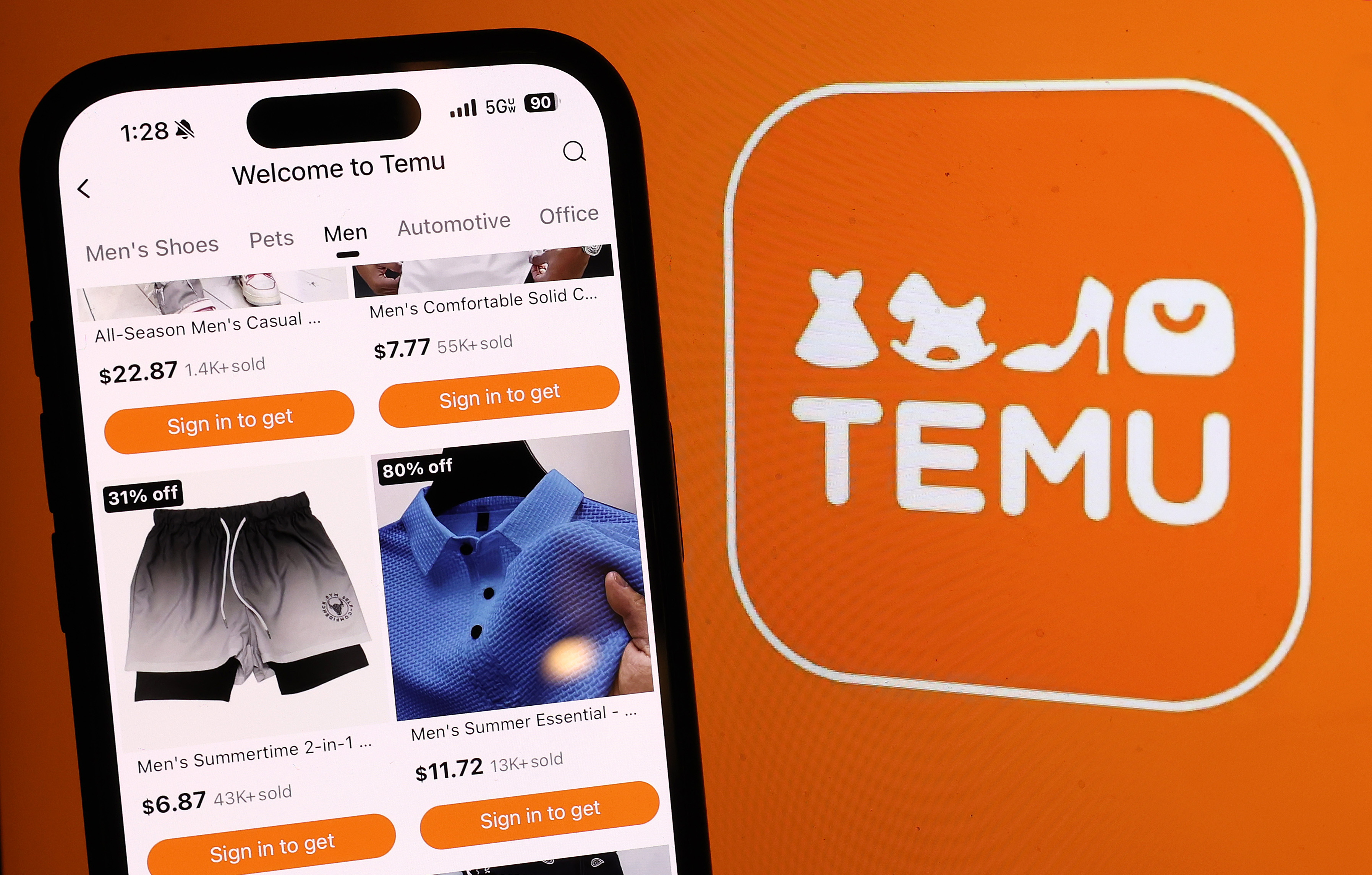The European Union (EU) has opened a formal investigation into Temu, a Chinese online marketplace known for cheap deals, amid concerns that it is selling illegal products and using potentially addictive features to engage consumers.
The European Commission, the EU’s executive branch, said on Oct. 31 that it will examine whether Temu may have breached the Digital Services Act (DSA), a set of far-reaching rules governing everything online, from search engines to social media to e-commerce spaces. There is no deadline for concluding the investigation.
Any violations could subject Temu’s parent, Shanghai-based e-commerce giant Pinduoduo, to up to 6 percent of its annual revenue.
The Commission stated that it will focus on how Temu handles counterfeit or unsafe products, including whether it has robust systems to prevent previously suspended “rogue traders” from quickly reappearing with illegal items.
“We have received a lot of input by other authorities, but there is a real kind of suspicion that not enough is done, not in an effective way, to really prevent the dissemination of illegal products,” EU officials said in a call with reporters, adding that the complaints involved the selling of pharmaceuticals, cosmetics, and toys.
The officials also raised concerns about how Temu gamifies the shopping experience to keep the shoppers hooked.
Like its Chinese counterpart Pinduoduo, Temu’s mobile app features a page full of games where users can play to win freebies, discounts, and other perks, such as reducing the minimum amount required to redeem a coupon. Every time a user opens the app, the user is greeted with a new “spin to win” game with offers for coupons as large as $300 off.
On top of that, Temu encourages users to share deals with friends in exchange for gifts, with a progress bar showcasing how many more social shares are needed to unlock the next reward.
The EU said those addictive designs could harm the user’s physical and mental well-being, a responsibility that platforms must uphold under the DSA.
Concerns over Temu’s designs mirror a recent EU investigation into a rewards program in TikTok Lite, an app that uses less data than the original version. The program allowed users to earn points for watching videos, liking posts, and inviting friends, which could then be redeemed for gift cards or TikTok coins to tip other users. TikTok suspended the rewards program in late April after the EU accused the company of potentially addictive practices in violation of the DSA.
Temu, which launched in the European market in April, has already attracted more than 90 million users there. The popularity subjects it to the strictest DSA requirements, including an obligation to provide researchers access to its publicly available data.
The platform now has the option to provide data that could counter the EU’s suspicions. It can also make changes to address the regulators’ concerns to avoid penalties.
“Temu takes its obligations under the DSA seriously, continuously investing to strengthen our compliance system and safeguard consumer interests on our platform. We will cooperate fully with regulators to support our shared goal of a safe, trusted marketplace for consumers,” a spokesperson for Temu told The Epoch Times in response to a request for comment.
Temu is the latest in a series of major tech companies facing scrutiny under the DSA’s regulatory regime. Other companies currently under investigation include Meta, TikTok, X, and Alibaba, Pinduoduo’s main Chinese competitor.














